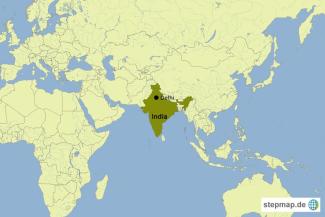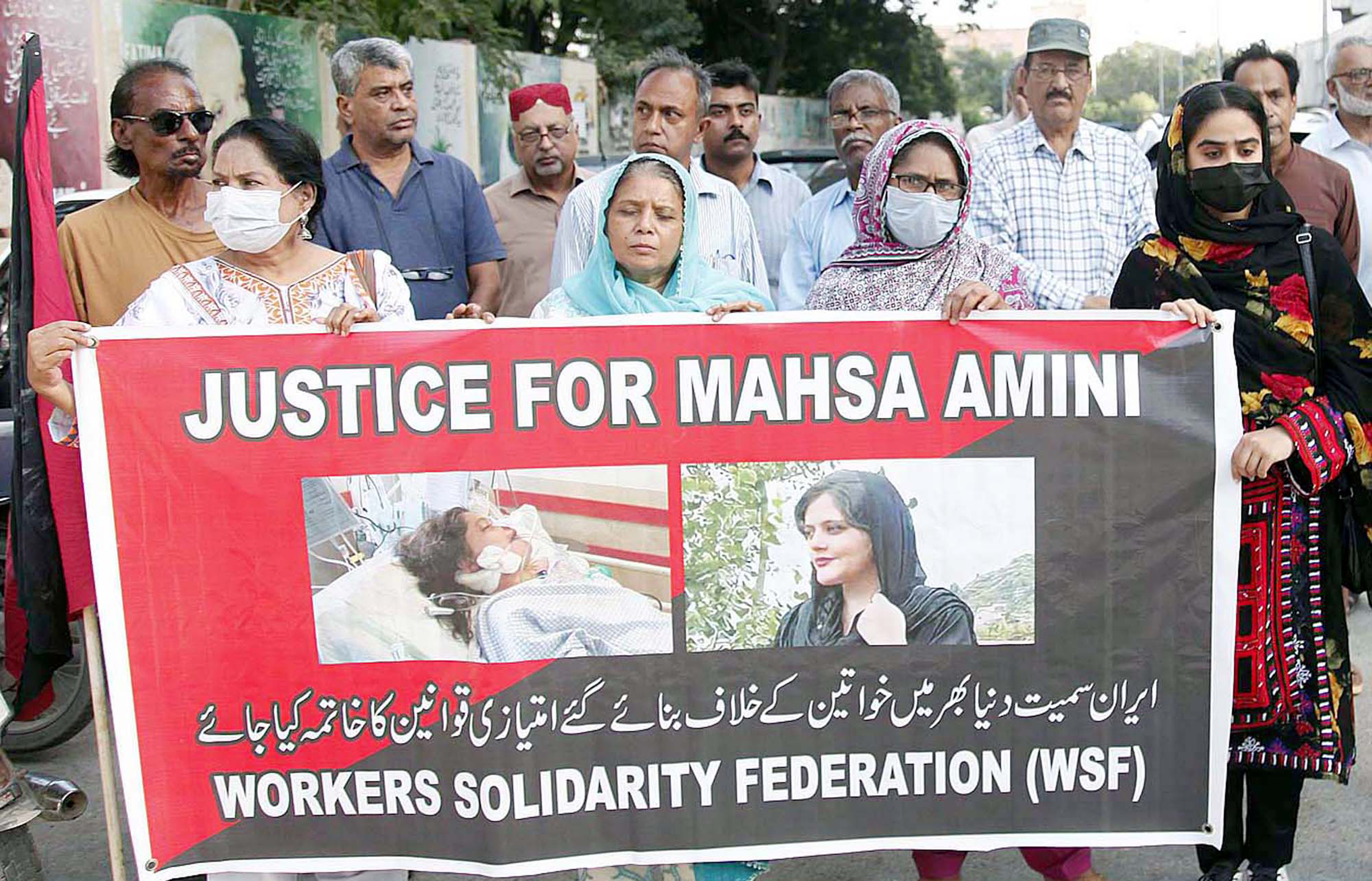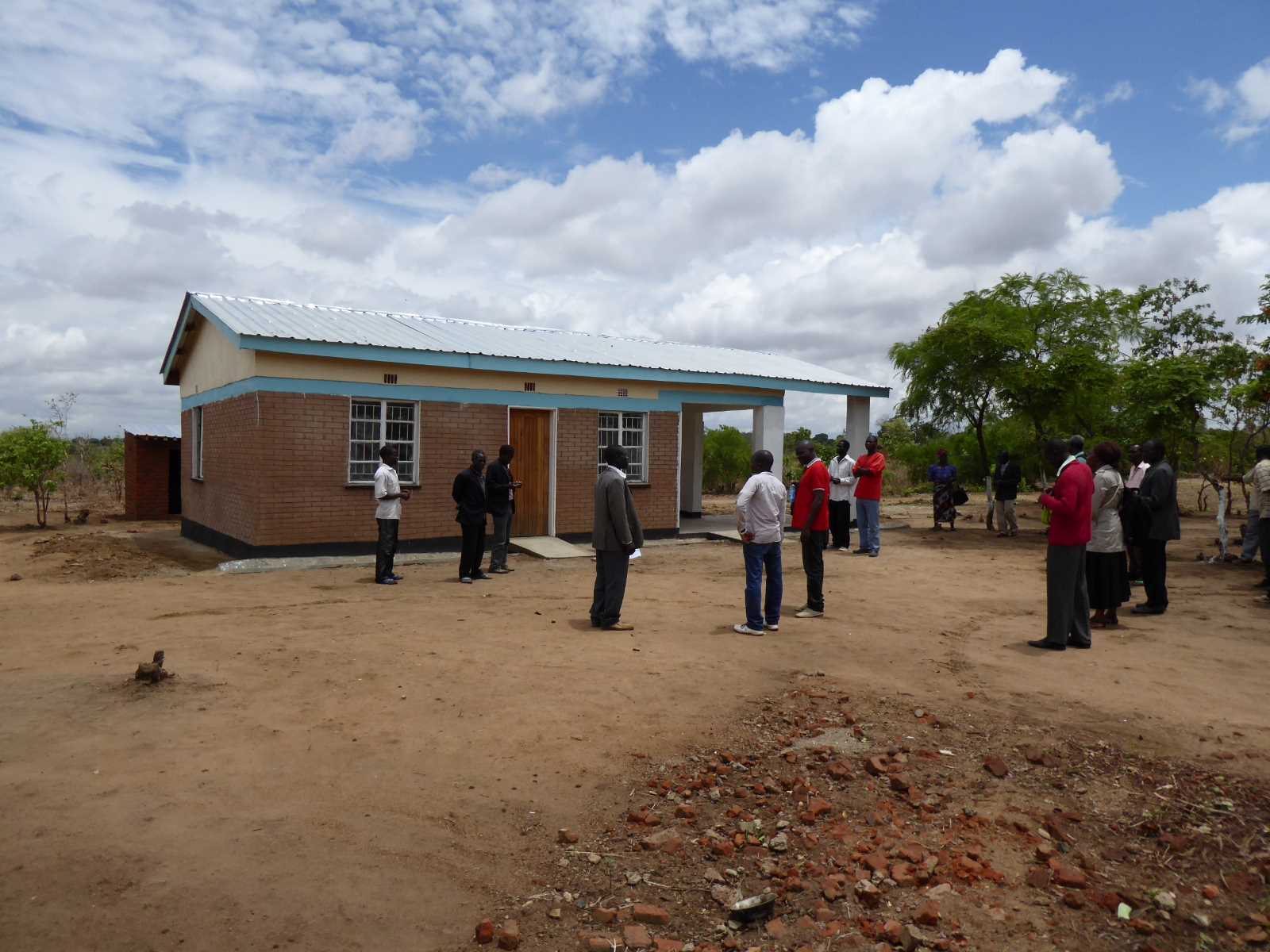Honour killings
Killed by the in-laws

In India, falling in love with the wrong person can be deadly. 22-year-old V. Shankar, a young Dalit man, learned this fact at the cost of his life. The couple, Kausalya and Shankar, were both studying engineering at a college. They married in July 2015 against the wishes of Kausalya’s parents. Just after the wedding, they lodged a complaint at the local police station stating that they feared for their lives. Eight months later, Shankar was murdered.
Lives of countless Indian young men and young women have been destroyed because they have dared to love across divides defined by caste and community. The caste system is among the world’s oldest forms of social stratification. It divides people belonging to the Hindu religion into four main categories, which are further divided into about 3,000 castes and 25,000 sub-castes, each based on their specific occupation. The Dalits or so-called “untouchables” were the lowest rung of this caste system. After India’s independence, in the new constitution of 1949, the caste system was officially abolished, but it still marks social life.
To date, Dalits face discrimination when it comes to opportunities and social interactions. Considering the importance that Indian society places on marriages, inter-caste marriages are always difficult. But if one of the parties involved is Dalit, the consequences can be as violent as an “honour killing”. This act refers to the murder of a person by a family member motivated by a belief that the victim had brought “shame” to the family.
In 2006, a Supreme Court judgment called honour killings “barbaric” and “wholly illegal.” Nonetheless, they are becoming more common. According to the National Crime Record Bureau (NCRB), there were 251 such murders in 2015 – almost 10 times more than the 28 registered in 2014. Figures for 2016 have not been published yet.
Indian feminists like Brinda Karat and Kavita Krishnan demand better laws. In their eyes, legislation should protect “self-choice partnerships” and fight “attempts to control women’s sexuality”.
Survivors like Kausalya are leaders in the fight. She suffered horrific head injuries, lost her husband and had sporadic phases of depression. However, she also stood firmly in court, pointing fingers at her family for the crime. Six of the 11 accused – including her father – were sentenced to death. Her case is very well known in India. She has become an icon in the campaign against the repressive caste system.
Roli Mahajan is a freelance journalist and photographer. She lives in Delhi, India.
roli.mahajan@gmail.com












